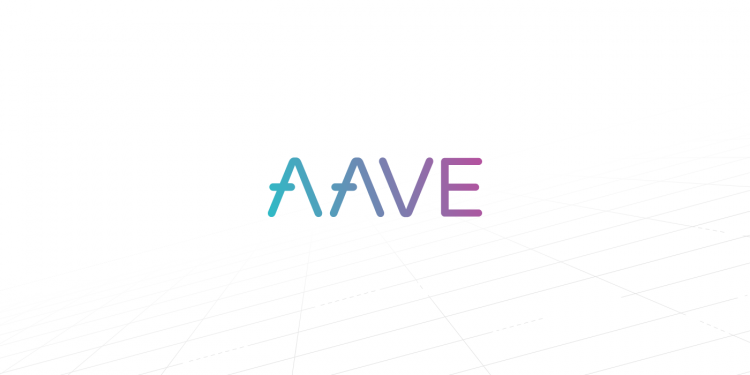AAVE is one of the top lending protocols in DeFi. It is a decentralized lending protocol that allows you to borrow and lend money or tokens without a centralized intermediary such as a bank or an institution. AAVE has grown rapidly over the past years and has famous investors such as Mark Cuban have been raving about it.
ETHlend becomes AAVE
AAVE was founded in 2017 in Finland by Stani Kulechov, and subsequently in 2018 the company rebranded from ETHlend (their prior name) to AAVE. The name AAVE is Finish for Ghost. When Stani noticed that power of decentralized lending, he held an ICO for ETHlend to raise money to further develop the protocol. He was then able to hire more developers to ETHlend to help build his vision of decentralized lending.
However the ETHlend team noticed issues with ETHlend’s network. Mainly that decentralized peer to peer lending was difficult without another user on the other side. But in 2018 then Uniswap and other protocols launched the peer to contract method model. In a peer to contract model, there are funds sitting in a pool immediately ready for a peer in need to borrow. ETHlend adopted this new framework for decentralized lending and changed the Company name to AAVE in 2018.
Like many other DeFi protocols, AAVE uses Chainlink to secure off chain price data needed. AAVE is now a company worth $3 billion dollars and is one of the top ranked cryptocurrencies by market cap in the market. Some cryptos you can lend and borrow on AAVE include DAI, ETH, BAT, MKR, SNX, USDT, USDC, BUSD, KNC, LINK, and wBTC.
Why Is AAVE significant for DeFI?
AAVE has pioneered decentralized lending on the blockchain. When borrowing in the AAVE ecosystem borrowers supply collateral. One thing interesting about AAVE’s ecosystem is that all standard loans are over-collateralized. Over-collateralized loans yield higher supplied collateral than the amount that can be borrowed. This secures the system from being undercollateralized and not able to pay depositors.
AAVE looks like a bank, but it’s not
AAVE has a prominent investor: Shark Tank star and owner of the Dallas Mavericks,Marc Cuban, is a big fan of the technology behind AAVE. In an “ask me anything” session on Reddit, he announced that he is a holder of AAVE tokens and appears to be using various features of AAVE as well. As a technology expert, Marc Cuban understands blockchain technology like only a few people do. He has researched DeFi extensively and has published his findings on a recent blog post.
To AAVE Cuban said:
“Looks like a bank. But it’s not. Not even close.”
Mark Cuban
He then goes on describing how brilliant AAVE and other DeFi platforms are. To learn more about what Mark Cuban has to say about AAVE and DeFi, you can read our previous article: Why Mark Cuban loves DeFi.
Flash loans: AAVE’s premium feature
Although flash loans were invented by another company, they were made popular by AAVE.
“Flash Loans are the first uncollateralized loan option in DeFi! Designed for developers, Flash Loans enable you to borrow instantly and easily, no collateral needed provided that the liquidity is returned to the pool within one transaction block.”
Flash loans are an entirely new concept in the world of Finance and are a child, so to speak, of DeFi. The crazy part about flash loans is that one has to have no collateral in order to borrow money. The catch is the loan has to be paid back within the same transaction block. And flash loans are not easy. According to QDeFi on Youtube, if one wants to make a flash loan they need to code their own solidity.
However, essentially someone who knows what they’re doing can generate income without any capital. The idea of borrowing money without collateral would have made no sense before DeFi. However, even some still have trouble grasping the concept. Nonetheless, flash loans will be a huge part of DeFi in the future. To learn more about flash loans, you can check out this video here.
Final thoughts
The AAVE ecosystem is growing and becoming more valuable in the world of DeFi as time goes on. AAVE and other DeFi protocols will become a real threat to current centralized financial institutions.
If you enjoyed this article, you might also want to check out Glitch Protocol: An Ecosystem Built Specifically For DeFi










